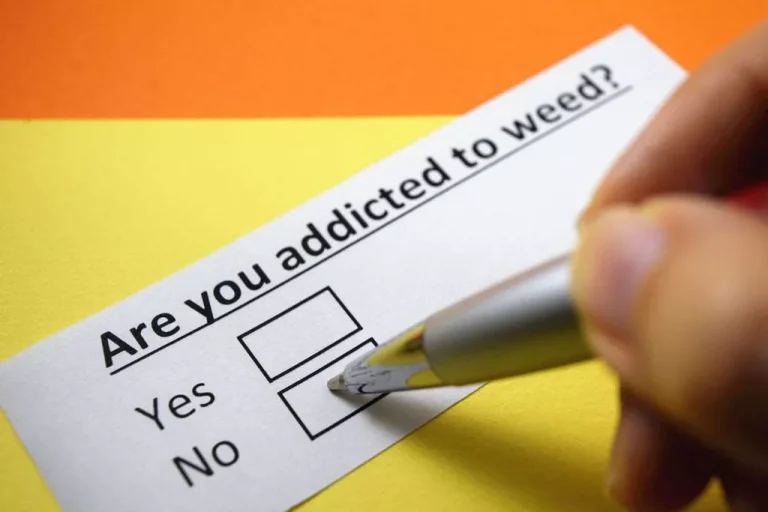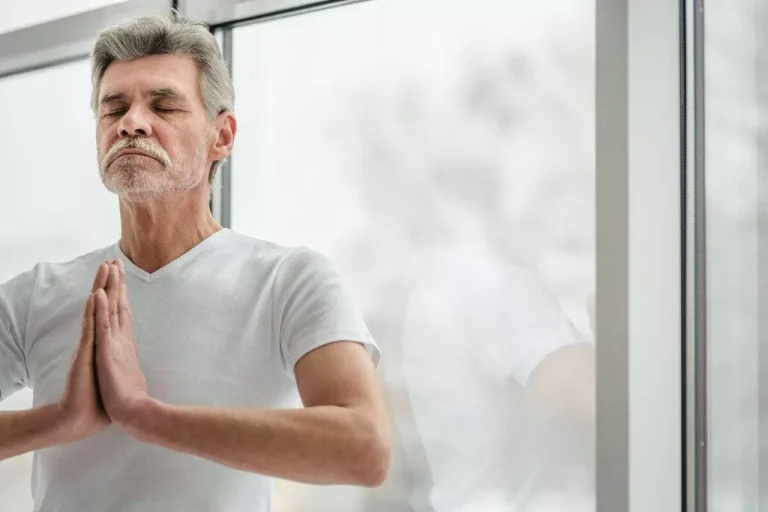
When you don’t adequately replace this excess loss of fluids, you become dehydrated. An increased heart rate isn’t always a problem, but it can be dangerous, even life-threatening, if you’ve got other conditions. Yes, drinking electrolyte water is an excellent strategy to rehydrate after drinking alcohol. In addition, alcohol negatively impacts neurotransmitter balance and mood regulation, which can lead to symptoms of unease and anxiety on the days after drinking alcohol. The most common symptoms of alcohol dehydration include thirst, a dry mouth, headaches, muscle aches or cramps, fatigue, and dark-colored urine.
“You Drink 200 ml of beer; you will urinate 200 ml of water.”
Extreme dehydration for a long period of time can be extremely damaging to our body and can even be fatal. Be sure to stay hydrated throughout the day, and if we’re going to be drinking alcohol, be sure to include water whenever possible. Any beverage containing 4% and above alcoholic contents can cause dehydration. Too much consumption may even lead to a visit to the hospital. Halfway house Drinking beer causes loss of necessary sodium, magnesium, and potassium electrolyte from the body and more urination after every 15 minutes, which results in dehydration.
The effects of alcohol on sleep and recovery
- In addition, cocktails with sugary mixers or caffeinated alcoholic beverages can amplify fluid loss and worsen alcohol-related dehydration.
- Dehydration can cause headaches, muscle aches, brain fog, and fatigue, and hydrating with water and electrolytes helps restore fluid balance and can minimize the unpleasant aftereffects of alcohol.
- In the past, sailors were given beer to keep them hydrated while on long voyages at sea as safe drinking water was scarce.
- He also points out that the individual effects on metabolic health (triglycerides, weight, blood pressure) may still be considerable.
- You can support more innovations fueling advances across medicine, science, health and wellness by giving today.
- Once there is too much alcohol in your bloodstream and less water and other fluids, your brain’s normal functioning gets hampered.
- While it provides about seven calories per gram – almost as much as fat – it lacks essential nutrients like vitamins, minerals, and dietary fiber that our bodies need.
Drink lighter beers, like many of the fine Session IPAs now available, or low-alcohol beers during the summer months when you are likely to be losing more water due to the hot weather. You should also be wary of drinking too much of a beverage that contains caffeine as this has a mild diuretic effect and other negative impacts on the body, as well. Vasopressin is the hormone that causes the kidneys to store water instead of passing it out of the body as urine. However, it’s not all good news when it comes to beer and the hydration of the body after exercise. Generally, the type of beer consumed can also affect hydration levels. Although many beer drinkers would argue that this excess water, especially in lighter beers, is one of the reasons they need to empty their “tank”, just like when drinking too much water.
- With less anti-diuretic hormone, urination becomes increased.
- Alcohol is a diuretic, which means it increases your urine output.
- It’s widely believed that alcohol exerts its diuretic effect by suppressing a hormone called vasopressin, or ADH 7.
- Indeed, there is some truth to these anecdotal observations!
- Most hard liquors have high alcohol content; the alcohol by volume (ABV) of liquor is around 40%.
- Get articles and stories about health, wellness, medicine, science and education delivered right to your inbox from the experts at Ohio State.
Why Is Alcohol A Diuretic?
- All types of alcoholic drinks cause dehydration to an extent.
- In addition, beer helps you drink more water because the alcohol content can increase the absorption of water by your body.
- Naltrexone can be used to help reduce binge drinking by blocking the brain’s receptors that trigger euphoria or calmness when you drink.
- There are certain foods that interact with the hormones that are in charge of regulating sleep and enhance their effectiveness, increasing the likelihood of deeper, longer sleep.
- Overconsumption of alcohol can lead to a lot of protein and fat development, which can lead to the enlargement of the liver and make it fatty.
- Your body has detectors that can sense both the saltiness of your water, and the volume of the water.
This water comes from the stores within your body such as the muscle cells, fat cells, etc. Drinking too much higher ABV beer will slow down your muscle recovery and lead to a water debt in your body. The stronger drinks do have a short-term diuretic action and so are potentially dehydrating. When its processed by enzymes in the liver, alcohol is converted into a large amount of acetaldehyde. In order to break this substance down and remove it from the body, your liver does most of the work of turning it into acetate.

Health Categories to Explore

As you drink alcohol, it accumulates in your body—especially if you drink large how does beer dehydrate you amounts at a fast pace. The higher your blood alcohol level is, the more you will notice its effects. Drinking on an empty stomach can cause other long-term damage, particularly to the liver.
- This not only starts dehydrating your body faster but also gets you drunk more quickly.
- This hormone signals the kidneys to conserve water by reducing the volume of urine they produce and concentrating it.
- After you are already dehydrated, consuming oily and fatty fast food is not a good idea.
- Whether you drink water between each alcoholic drink, after drinking, or even the next day, it’s vital to replace lost fluids.
- It reduces how much ADH you make, so it increases how much urine you produce.

When you drink too much beer or alcohol, you end up dehydrating your skin, and that can lead to seriously dry skin and acne issues. Multiple pieces of research have shown that oxidative stress due to high alcohol consumption can lead to skin-related issues. Everyone has a threshold for drinking alcohol, so you need to understand your limits and drink accordingly to avoid any extreme phases of dehydration.

